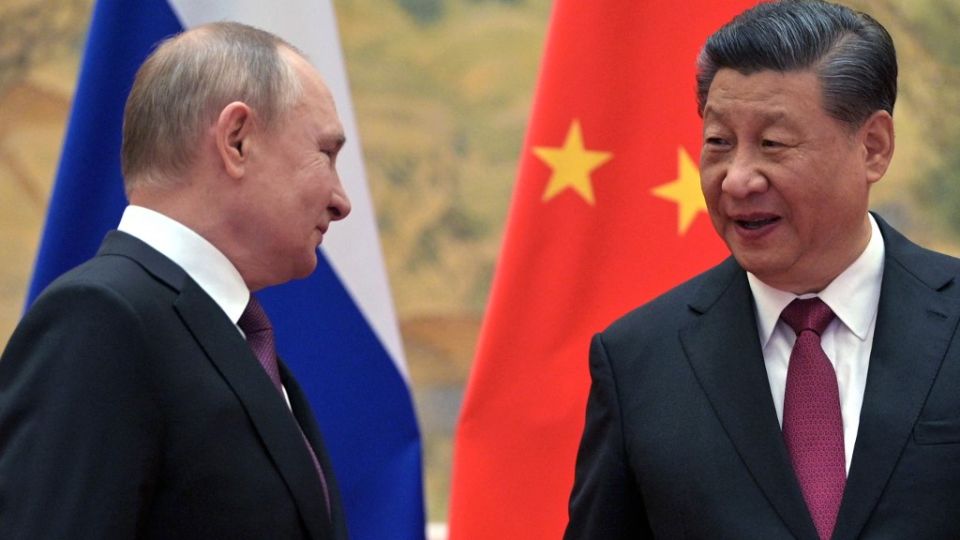September 23, 2022
JAKARTA – Chinese President Xi Jinping and Indian Prime Minister Narendra Modi chose what is sometimes called the “Asian way” – avoiding confrontation and public humiliation – in conveying their deep concern over the devastating impacts of Russia’s invasion of Ukraine in their respective bilateral meetings with Russian President Vladimir Putin last week.
While PM Modi was more direct in stating that the war was “wrong”, President Xi opted for subtler language. But their message that Putin should “reconsider” the war was clear.
The Russian leader seemed to listen seriously to the advice of the leaders of the two large nations, both of which abstained from voting on a UN Security Council resolution condemning the Feb. 24 invasion.
The three leaders attended the Shanghai Cooperation Organization (SCO) summit in Tashkent on Sept. 15-16, and China and India are Russia’s largest oil importers.
Putin hailed China’s “balanced position”, although he admitted that his counterpart had “questions and concerns” over the Ukraine war.
During their talks, Modi told Putin that “today’s era is not [one of] war” and that he was “ready to discuss how we can move onto the path of peace in the coming days”.
Putin replied, “We want all of this to end as soon as possible.”
We hope the meetings will push Putin to end the seven-month war in Ukraine. After all, the invasion of a sovereign nation cannot be justified. It violates the UN Charter and the most fundamental principles of international relations.
President Joko “Jokowi” Widodo, too, has attempted to deescalate the conflict. He traveled to Moscow and Kyiv in June to personally invite the two nation’s leaders to the Group of 20 Summit in Bali. Putin, however, looks unlikely to attend, as he will have to face an “unfriendly” reception from the leaders of the Group of Seven attending the summit.
Jokowi has also conveyed his concern to Putin about the dire impact of the war on the global economy. Indonesia and the world at large, especially developing nations, have been made suffer as the war exacerbates global supply chain disruptions.
After seven months, Ukraine’s counteroffensive seems to have bitten Putin. Still, it is premature to conclude that Russia is losing its grip. Analysts have predicted that Putin will seek every path to win his war, even at the cost of the domestic economy.
Weapon deliveries and military training from NATO have made Ukraine stronger, and Russian troops may lose their appetite for war. We cannot rule out the possibility of a nuclear strike, especially as Russia becomes increasingly desperate to end the war.
Sooner or later the world will lose patience if the war continues indefinitely. As China and India have expressed their concern about the war and Putin is facing a rare instance of overt domestic opposition, the right moment has come to stop the conflict.
If it drags on further, the world will face a prolonged economic crisis due to high energy prices and heavily reduced supplies of wheat and sunflower oil from Ukraine and Russia, and Europe will be haunted by an energy crisis this winter and perhaps the next.
We call on President Putin to withdraw his troops and stop the “military operation”. The end of the war will allow the world to regain stability. It will be a humiliation for Putin in the short term, but later he will admit to having made the right decision.


